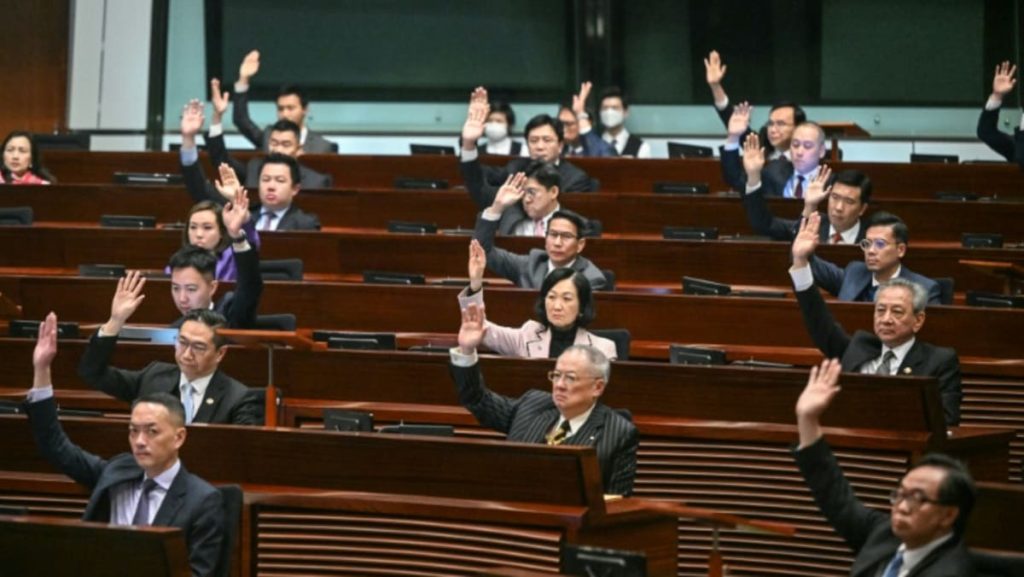ty’s pro-Beijing leader Carrie Lam and the Chinese government defended the new law as necessary to maintain stability and security in the semi-autonomous region. The law criminalizes secession, subversion, terrorism, and collusion with foreign forces, with offenders facing up to life in prison. Critics fear that the law will be used to suppress dissent and undermine civil liberties in Hong Kong.
The imposition of the national security law has sparked protests in Hong Kong, with demonstrators taking to the streets to voice their opposition to the measure. Western powers, including the United States, have criticized the law as a violation of the “one country, two systems” framework that guarantees Hong Kong’s autonomy. The United Nations also expressed concerns about the law’s potential impact on human rights and freedoms in the city. Despite international criticism, China has shown no signs of backing down on the issue.
China’s response to the criticism of the national security law has been to dismiss it as interference in its internal affairs. Chinese officials have accused Western powers of double standards, pointing to their own national security laws as evidence of hypocrisy. Beijing has defended its actions in Hong Kong as necessary to protect its sovereignty and maintain law and order in the region. The Chinese government has also sought to downplay concerns about the impact of the law on Hong Kong’s autonomy and freedoms.
In the face of growing international backlash, Hong Kong’s pro-democracy movement is facing increasing repression from the Chinese government. Activists and dissenters in the city are being arrested and prosecuted under the new national security law, with many facing lengthy prison sentences. Pro-democracy figures such as Joshua Wong and Jimmy Lai have been targeted for their activism, with their voices silenced by the Chinese authorities. The crackdown on dissent in Hong Kong has raised concerns about the future of freedoms in the city.
The national security law has also led to increased tensions between China and Western powers, particularly the United States. The Trump administration has imposed sanctions on Chinese officials and entities involved in the crackdown on Hong Kong, leading to a further deterioration in relations between the two countries. The United States has also taken steps to end preferential treatment for Hong Kong, including suspending extradition agreements and restricting exports to the city. The escalating tensions between China and the West have raised fears of a new Cold War between the two superpowers.
Despite the international outcry and growing tensions, China remains steadfast in its defense of the national security law in Hong Kong. The Chinese government has dismissed criticism as unwarranted interference in its internal affairs, maintaining that the law is necessary to safeguard its sovereignty and security interests. The crackdown on dissent in Hong Kong is likely to continue, with activists and protesters facing increased risks of arrest and prosecution. The future of Hong Kong’s autonomy and freedoms remains uncertain, as China’s grip on the city tightens.


